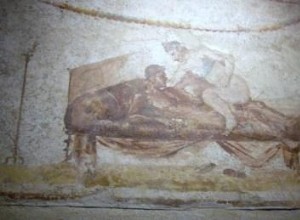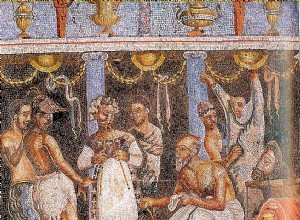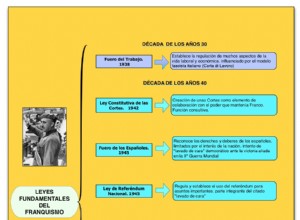How could it be otherwise, “The oldest trade in the world ”, as we have read in many texts, was also exercised in the cities and colonies of Rome. Much of our terminology when defining this ancient dedication comes from these times. Today we will talk about brothels, which is what brothels or brothe




